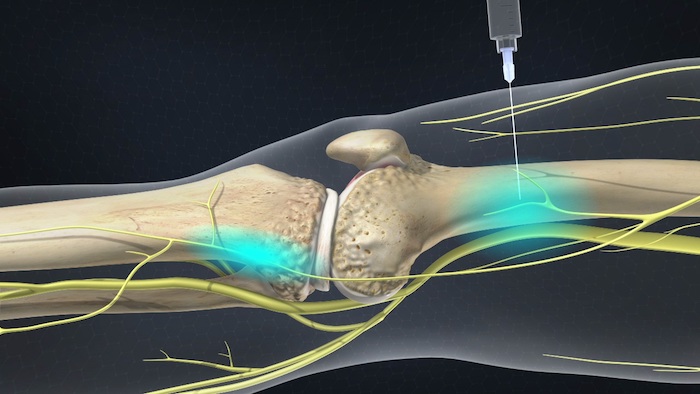
If the thought of surgery leaves you cold, you’re not alone. Many people opt for less invasive measures to relieve pain, including nerve blocks.
What is a Nerve Block?
The human nervous system is an amazingly vast and complex network controlled by the brain and governs almost every action you take in life, from luxuriating in soft sheets to snatching your hand away from an open flame.
This second function defines the role of your nerves as the protector of your body. Your nerves alert you to danger and signal you when something is wrong. They can be persistent in their warning.
If you’re experiencing pain, an effective way to control it is to prevent the sensation from forming in the first place, which is what your doctor does through a nerve block.
By injecting a local anesthetic with steroids directly into your nerves, your doctor helps you control debilitating pain while avoiding invasive surgical solutions.
What Can a Nerve Block Treat?
Interventional pain management doctors use nerve blocks to treat pain in your:
- Back
- Legs, including your knees
- Neck
- Shoulders
- Arms, including your elbows and wrists
- Hips
- Tailbone
How is the Nerve Block Administered?
Your doctor administers the nerve block using fluoroscopic (X-ray) imaging to ensure they inject the right area. The procedure lasts only minutes, depending on the injections you need.
Typically, your doctor starts with a temporary pain reliever to make sure they’re reaching the right source of your pain. Over the course of 24 hours, you monitor your pain levels to see if the block works.
If the temporary procedure succeeds, your doctor returns with a longer-lasting nerve block.
How Quickly Does the Nerve Block Work?
Immediately following your nerve block, you should experience relief from your pain thanks to the anesthetic. It typically takes longer for the steroid to work to tackle your inflammation, but you should notice an improvement within a few days.
If the nerve block is successful, you should expect to repeat the process as the effects gradually wear off. That time frame varies from patient to patient.
Precision Pain Care and Rehabilitation has two convenient locations in Richmond Hill – Queens and New Hyde Park – Long Island. Call the Queens office at (718) 215-1888, or (516) 419-4480 for the Long Island office, to arrange an appointment with our Interventional Pain Management Specialist, Dr. Jeffrey Chacko.













